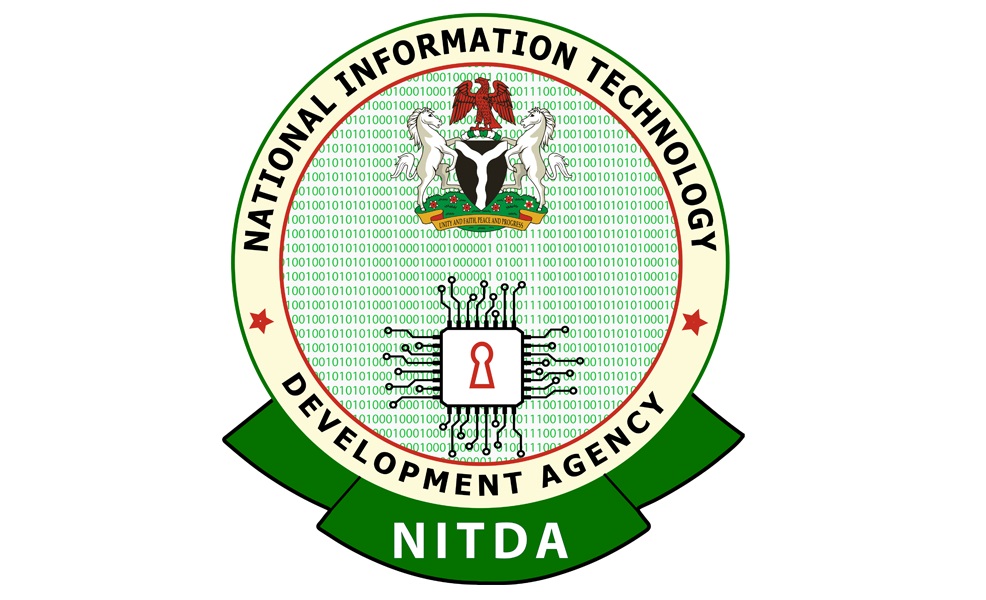NITDA’s ‘Code of Practice for Online Platforms’ and national security
In a bid to ensure that sanity is maintained in Nigeria’s internet circuit, the National Information Technology Development Agency (NITDA) recently unveiled a Code of Practice for Online Platforms. The move is aimed at regulating the online platforms’ mode of operations to checkmate the eruption of any sort of crisis in the nation’s ICT sector. […]

In a bid to ensure that sanity is maintained in Nigeria’s internet circuit, the National Information Technology Development Agency (NITDA) recently unveiled a Code of Practice for Online Platforms.
The move is aimed at regulating the online platforms’ mode of operations to checkmate the eruption of any sort of crisis in the nation’s ICT sector.
With rising technological advancement together with the internet, the media has now turned the world into a village where news and information can be transmitted to a large heterogeneous society within short time.
Over the years, online social media platforms in Nigeria have been utilized as perfect avenue for disseminating dangerous information capable of compromising national security, which threatened the existence of the country as a corporate entity.
Promoting this ugly trend among the citizens is the lack of proper mechanism or legal framework by the government or any other institutions to oversee and regulate the conduct and affairs of these international tech giants.
However, with the novel NITDA’s Code of Practice, it is apt to say that the situation is on course to change for a better narrative.
It is worrisome to learn that our public space is continuously being polluted on a daily basis with unwholesome contents capable of heating up the polity. These include but not limited to hate speeches, fake news, misinformation and disinformation and a host of others.
Agitators and other ethno-religious bigots have been utilizing social media handles for their vicious campaigns capable of inciting genocidal violence in Nigeria.
Also, various tactics and strategies on how to commit stealing, yahoo – yahoo, kidnapping, cultism etc. are being presented in form of comedies across our media platforms all in the name of entertainment while on the other hand ignoring the negative effects it might constitute on the minds and cognitive processes of many people, especially the younger ones who might consider it as normal doings.
Therefore, this code of practice instituted by NITDA has set out “procedures to safeguard the security and welfare of Nigerians while interacting on these platforms. It aims to demand accountability from online platforms regarding unlawful and harmful contents on their platforms. Furthermore, it establishes a robust framework for collaborative efforts to protect Nigerians against online harms, such as hate speech, cyber-bullying, as well as disinformation and/or misinformation.
This intervention by NITDA is timely especially with the approach of the 2023 general elections when the social media will be heavily utilised for electioneering campaigns by politicians because, it will go a long way in restricting the appearance of contents capable of heating up the polity.
NITDA has no doubt performed a wonderful job for coming up with this set of standard procedures especially after due consultations with various stakeholders in the industry.
I will, however, wish to call on NITDA to consider incorporating the Nigerian Press Council (NPC) as part of the stakeholders for this watershed national assignment.
Being an agency responsible for regulating the operation of the print media in Nigeria, its contributions and role can never be downplayed especially at this era of digitization when every print media house has since established online platform.
It is also necessary for NITDA to leave no stone unturned in ensuring the outright implementation of the procedures by these online platforms as stated in this code of practice. In the same vein, legal frameworks should be used to sanction any affected platform that fails to abide by these ethics as enshrined in the code of practice.
Mukhtar Ya’u Madobi wrote from Kano.
